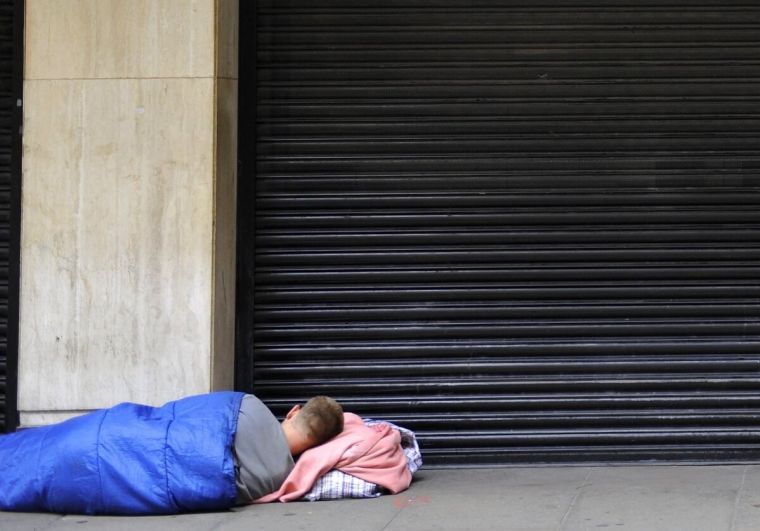Christians Who Make a Difference: New Tearfund report shows how believers respond to poverty
Four out of five Christians (87 per cent) have taken action on poverty in the past year – a far higher proportion than the general population – according to a poll of 2,958 UK adults by Barna Group for Christian relief and development agency Tearfund.
Christians Who Make a Difference, a report launched today at The Justice Conference, looks at the connections between Christian beliefs, practices and priorities and their response to poverty.

The research shows that Christians are more likely to donate to charity (73 per cent of Christians against 63 per cent of all other UK adults) and to give food, clothing, furniture or other resources to someone in need (49 of Christians against 40 per cent of all other UK adults). Christians are also more likely to make significant consumer lifestyle changes (39 per cent of Christians against 35 per cent of all other UK adults) such as recycling, reducing meat consumption and using a green energy provider. Among those who regularly attend church (at least once a month), the percentages are even higher.
The new findings also reveal that growing up in a Christian household is a significant predictor of later poverty activism, even among adults who don't attend church now. Six out of ten poverty activists (62 per cent) grew up in a home where Christianity was practised regularly, even though they no longer attend church. This underscores the long-term impact that religious upbringing has on caring for the poor, even without current involvement in a church.
Christians who prioritise serving people in poverty also prioritise spiritual practices like reading the Bible and praying. Two-thirds say reading the Bible, for example, is essential for growing their faith, compared to half of regular churchgoers who don't serve people in poverty (67 per cent against 46 per cent).
The data also shows that there are a minority of people whose care for people in poverty is an essential and holistic aspect of their lives. One in 20 UK adults respond to extreme poverty in all five dimensions: financial giving, praying for those in need, taking personal responsibility, advocating for government policies and making consumer lifestyle changes.
According to Dr Ruth Valerio, global advocacy and influencing director at Tearfund: 'This new research shows that serving those in need and taking care of the whole of God's creation is not only an essential Christian discipline, but plays an important role in spiritual growth. In the last 20 years the proportion of the world population living in extreme poverty has halved. An end to extreme poverty is possible – but we must act together, as the church, united in a whole life response to extreme poverty.'

Barna Group president David Kinnaman said: 'The crucial question the next generation is asking is not whether the claims of Christianity are true, but does Christianity account for good in people's lives and in society? Against the grain of popular sentiment, our team keeps uncovering evidence that many Christians are, in fact, a force for good in the world. In the data from this study, we find Christians – and those with a Christian upbringing – prioritising care for and action on behalf of people in poverty. Christians make a difference.'
Among other results, the poll found that nearly four out of five (79 per cent) of those who attend church at least once a month say that their faith impacts how much they give or donate to others. Nearly three quarters (71 per cent) of regular churchgoers feel they must personally take action to alleviate extreme poverty, against under half (43 per cent) of those who do not attend church regularly or at all.
To purchase 'Christians Who Make a Difference'click here.











